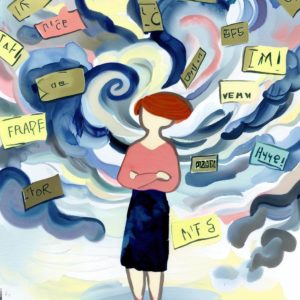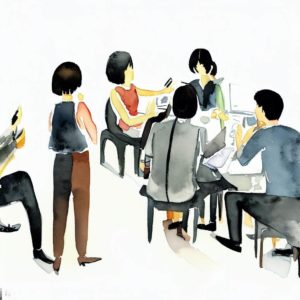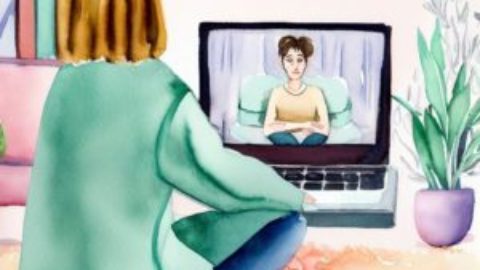
Hey there! Today, we’re diving into a topic that affects us all – misinformation and its impact on history. You might be wondering, “Why is this important, and what does it have to do with psychology?” Well, understanding the psychology behind misinformation can help us make better decisions and navigate the vast sea of information we encounter daily.
Imagine this scenario:
You’re browsing through social media, and suddenly, you stumble upon a post claiming that Florida’s new educational standards promote the idea that slavery was a good thing. You feel outraged and shocked. Who wouldn’t be? But hold on a second – before we react emotionally, let’s put on our critical thinking caps.
Misinformation can spread like wildfire, fueled by the emotions it triggers in us.
When something aligns with our beliefs or biases, we’re more likely to accept it without question. It’s like an instant validation – we share it, retweet it, and before we know it, the false claim has gained momentum.
But what happens when we fall for misinformation, especially when it comes to history?
It distorts our understanding of the past and can create divisions among people. History shapes our identity and influences our future choices. When we’re fed false narratives, it’s like building a house on shaky ground – it won’t stand for long.
So, how can we avoid falling into the trap of misinformation?

First, we need to develop our media literacy. Think of it as a superpower that allows us to spot fake news from a mile away. Here are some tips:
- Check the Source: Look at the website or account sharing the information. Is it a reputable source? Are there other reliable sources confirming the same story?
- Fact-Check: Don’t take things at face value. Use fact-checking websites to verify the claims before sharing them.
- Consider Multiple Perspectives: History is complex, and there are often different interpretations of events. Listen to various viewpoints to get a well-rounded picture.
- Manage Emotions: Misinformation often triggers strong emotions. Take a deep breath and assess the information calmly before reacting.
Now, let’s connect this to online psychotherapy.
Just as we need to be vigilant about misinformation in history, we must also be careful about the information we consume regarding mental health. The internet can be a treasure trove of helpful resources, but it can also be a breeding ground for inaccurate advice and harmful ideas.
Understanding the psychology of misinformation can also help us in therapy sessions.
Sometimes, our minds can get clouded with false beliefs about ourselves or our past. These beliefs might have been shaped by misinformation or negative experiences. Therapy can be an opportunity to untangle these misconceptions and gain a clearer understanding of ourselves.
In conclusion,
misinformation has far-reaching consequences, not just for history but also for our mental well-being. Developing media literacy and critical thinking skills empowers us to be informed consumers of information. When it comes to mental health support, choosing reputable sources is essential. Remember, we all play a role in shaping a more accurate and compassionate narrative for ourselves and our society.





